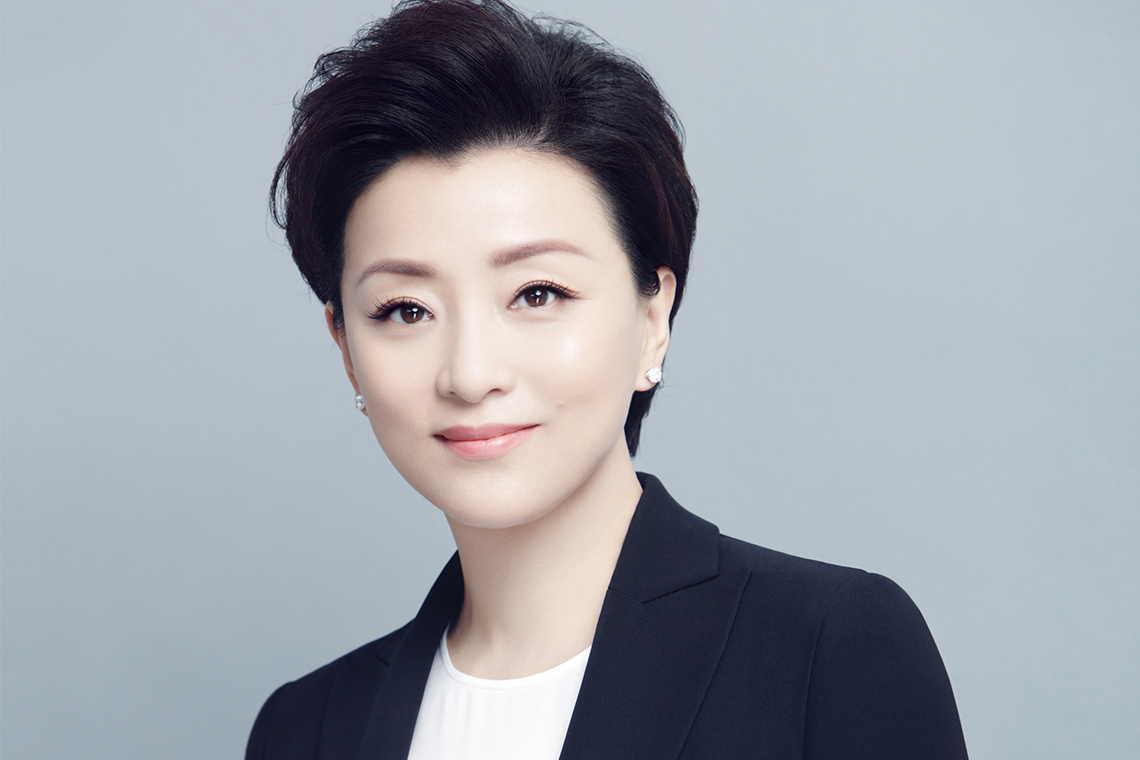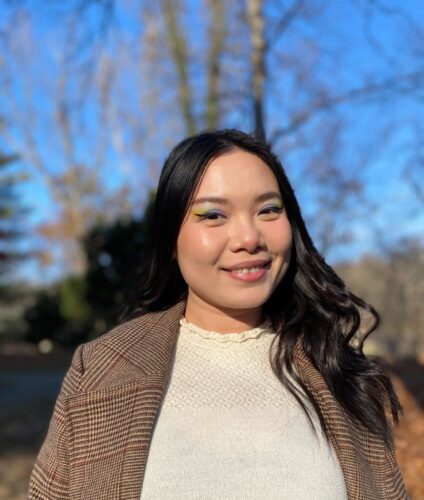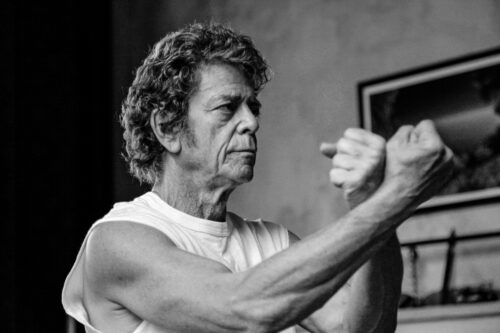Talk show host and entrepreneur Yang Lan on China’s media future and female leadership

Yang Lan 杨澜 is one of the most powerful women in Chinese media. She is a journalist and entrepreneur who co-founded Sun Media Group — a multiplatform empire that encompasses television, websites, and magazines — with her husband, Bruno Wu, in 1999. Since launching in that year her signature TV show, Yang Lan One on One, she has interviewed more than 1,000 guests, including Bill Clinton, Elon Musk, Henry Kissinger, and Lee Kuan Yew.
Prior to our second annual Women’s Conference: How Women Are Shaping the Rising Global Power, we spoke with Yang Lan on the future of China’s media landscape and the challenges to success that women face.
SupChina: In 1990, you were the first female host on the Zheng Da Variety Show on CCTV. When the director said he was looking for an “innocent” and “sweet” face, you challenged him and asked why female TV presenters have to be “sweet” and “innocent” and can’t be independent and have their own opinions. Twenty-eight years have passed. After working in the media business for more than two decades, how do you think the media landscape has changed for female journalists in China? What are some challenges that still remain?
Lan: Compared with 28 years ago, when I started my career on TV, the media landscape has changed a lot. Women make up more than half of the professionals in media, many as leading anchors, producers, publishers, and senior executives. More fundamental changes come with technology. People have more diversified sources of information. The internet, especially mobile internet and social media, has become the main channel of news and entertainment. Print media is dying, and TV’s advertisement revenue is dropping sharply. Conventional journalism is being eroded by more fragmented information and opinionated commentaries. Artificial intelligence is used to push information to people based on the studies of their news-consumption behavior. These changes are lowering the barriers for producing news and content, giving more opportunities to both men and women to leave government-owned media platforms and to start their own media outlets. But at the same time, fake news and sensational presentations have lowered the authenticity and depth of news stories. The tightening of media controls is also pushing them away from hard news reporting.
The China Project: Your TV program Her Village is geared toward a Chinese, urban, female audience. It has been developed into a multimedia community to empower women. Having spoken to many of them from all walks of life, what do you think are some of the challenges that women face when trying to succeed in China nowadays?
Lan: There are multiple layers. Gender stereotypes prevent women from aiming higher in their careers. While 51 percent are college graduates and 48 percent are entry-level employees, the number of high executives and board members is below 25 percent. Their skill sets also need to be upgraded. For example, women entrepreneurs face more difficulties in fundraising and scaling up their business. Culturally, Chinese women are expected to be good wives and mothers first, therefore, they work the longest hours among all the OECD countries, with both paid work and unpaid house chores.
SupChina: You’re involved in many cross-cultural multinational communication activities, including representing China as the ambassador for Beijing’s bid for the 2008 Olympic Games, and being the Goodwill Ambassador for the 2010 Shanghai Expo. In which areas does the Western world get China wrong the most? Where is China right now on the global stage in terms of soft power promotion?
Lan: Where the Western world usually gets China wrong is oversimplifying the complexity and sophistication of its culture or underestimating the resilience of it. But China should also understand that so-called “soft power” is not built by demonstrating industrial achievements, but by telling people’s true stories. As the only person who has represented Beijing twice in its successful bids for hosting the Olympic Games, I believe that the intrinsic values of the Olympic movement has transformed people’s bodies and minds, and connected them with the world.
The China Project: What were some of your most memorable interviews on your TV show, Yang Lan One on One?
Lan: I’ve interviewed more than 1,000 people on my shows. The most memorable interview was the one with Nobel Laureate Professor Daniel Chui of Princeton University. When I asked him what he would have become if his farmer parents hadn’t insisted on sending him to school away from their impoverished rural village, he said that he would rather have stayed at home, not winning the Nobel Prize, if he could have saved his parents from starving during the famine in the late 1950s.
The China Project: How do you most hope China will grow in the next 20 to 50 years? What is your ambition for China now that you have played such an important role in the country’s culture and media?
Lan: I hope that in the next 20 to 50 years, China is not only stronger in its economic power and global influence, but can also claim a clean environment and a flourishing culture.
Catch Yang Lan on Monday, May 14, at the Harvard Club of New York during the second annual The China Project Women’s Conference.





